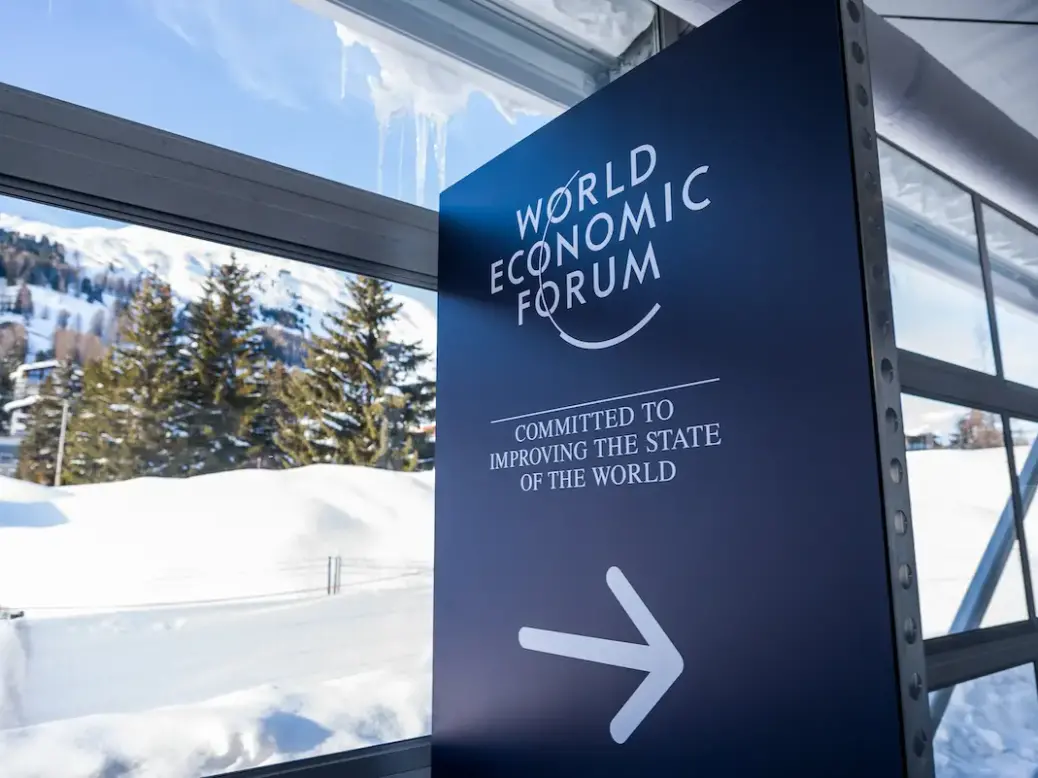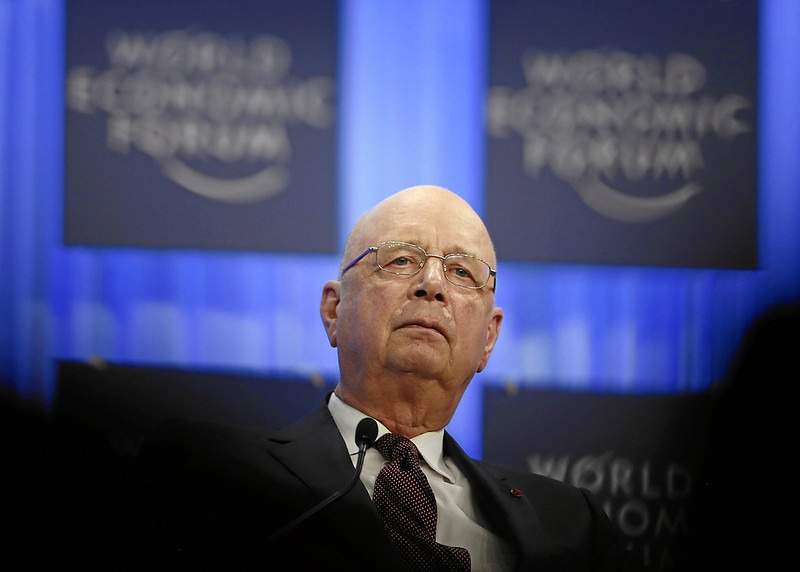
The 55th edition of the World Economic Forum (WEF) kicks off today in the Swiss town of Davos.
Every year, government, business and civil society leaders are invited to the highest town in Europe to discuss current issues that threaten the world’s stability – and how to best deal with them in the ‘spirit of Davos’, described by organisers as ‘an attitude of openness and cooperation’.
This year, Davos is taking place from January 20 to January 24 and will count Donald Trump and Volodymyr Zelenskyy among its participants.
In 2024, the WEF revolved around the theme ‘rebuilding trust’, which guided the myriad conversations that took place in the alpine venue. Leaders warned against the risks of AI, economic instability and political fragmentation while praising resilience and innovation.
What is the theme of Davos this year?
Each year, the WEF releases the Global Risks Report which outlines the most significant short and long-term global threats.
The latest report, published on January 10, highlights the most pressing short-term threats such as misinformation, disinformation, extreme weather events, societal polarisation, and cyber insecurity. Over the long term, the report identifies climate change as the primary source of risk, with dangers such as extreme weather disasters, ecosystem collapse, and natural resource shortages.
In light of these warnings, the theme of Davos 2025 is set to be ‘collaboration for the intelligent age’.
According to the forum, the theme is a nod to WEF’s founder Klaus Schwab’s suggestion that ‘technologies are rapidly reshaping the world, pushing us to an inflexion point, an era far beyond technology alone.’ As Schwab wrote in a blog post in September 2024, the rapid advance of technology is a ‘societal revolution, one that has the power to elevate humanity or indeed to fracture it.’
In order to allow global leaders to discuss possible responses to those risks, the theme is further divided into five main areas, namely ‘reimagining growth’, ‘industries in the intelligent age’, ‘investing in people’, ‘safeguarding the planet’ and ‘rebuilding trust’.
[See also: Trade wars, inflation and equity concentration: The key risks for investors in 2025]
What to look out for at Davos 2025?
The Swiss town is about to host over 300 sessions, including 200 that will be livestreamed globally.
Attendees include the likes of Donald Trump – set to officially enter the White House today – German Chancellor Olaf Scholz, European Commission President Ursula von der Leyen, China’s Vice Premier Ding Xuexiang, Argentina’s Javier Milei, South Africa President Cyril Ramaphosa and Bangladesh’s Muhammad Yunus. Chancellor Rachel Reeves and Princess Beatrice are also on the exclusive guest list.
The world of business will be represented by some of its most powerful figures including CEO of JPMorgan Jamie Dimon, CEO of Microsoft Satya Nadella, CEO of Uber Dara Khosrowshahi, and CEO of Goldman Sachs David Solomon.

We have collated some of the most significant events of the week for Spear’s readers:
- Monday, 18:00 CET: The Crystal Awards will honour cultural leaders, with speakers including David Beckham and Riken Yamamoto.
- Tuesday, 08:00 CET: ‘Demographics, what next’ will hear Niall Ferguson speak about changing demographics globally
- Tuesday, 10:50 CET: Opening remarks and special address by Klaus Schwab and Ursula von der Leyen and Ding Xuexiang, vice-premier of the People’s Republic of China
- Tuesday, 14:00 CET: Address by Olaf Scholz, federal chancellor of Germany followed by Volodymyr Zelenskyy, President of Ukraine
- Tuesday, 15:00 CET: Briefing on the Humanitarian Situation in Gaza
- Wednesday, 13:00 CET: ‘Private for longer’ will address the question of what the future holds for financial markets, both public and private
- Thursday, 17:00 CET: Special video-address by Donald Trump
- Throughout the week: Financial Times live events, Bloomberg House events, Journal House by the Wall Street Journal
[See also: Is this the death of Davos?]






